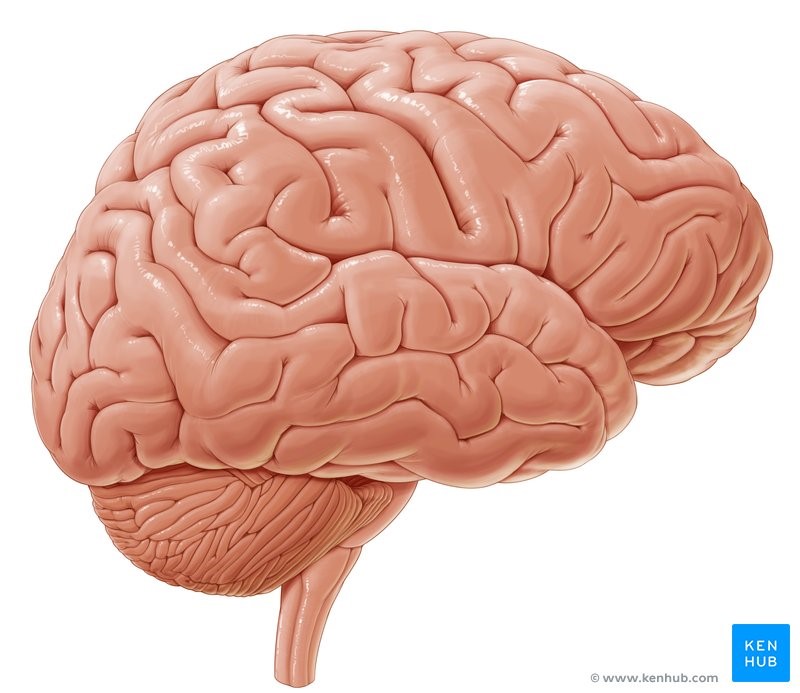•TARGETS OF CNS DRUG ACTION
• Drugs that act on the central nervous system (CNS) are the most commonly prescribed drugs in current use.
•Most of these drugs act by changing ion flow through transmembrane channels of nerve cells.
•Transmitter reuptake transporters constitute a second class of drug targets, especially for antidepressant agents.
•Inhibition of acetylcholine metabolism is the major action of the drugs currently approved for use in Alzheimer disease and y-aminobutyric acid (GABA) metabolism is inhibited by an anticonvulsant agent.
•Finally, a few drugs appear to act by altering the function of neuroglia. These satellite cells have been shown to modulate transmitter synthesis and disposition and support neurons metabolically.
•Microglia have also been shown to "prune" neuronal networks in the normal development of the CNS and possible in Alzheimer disease and schizophrenia.

Material File
